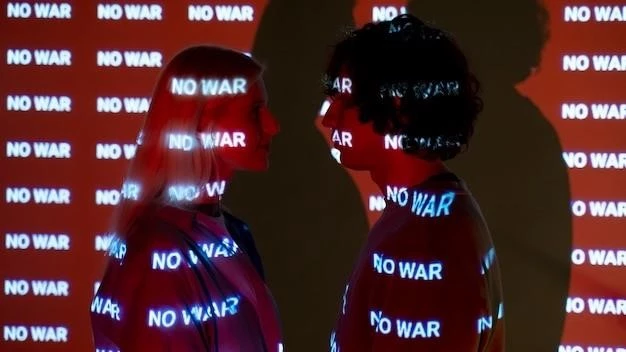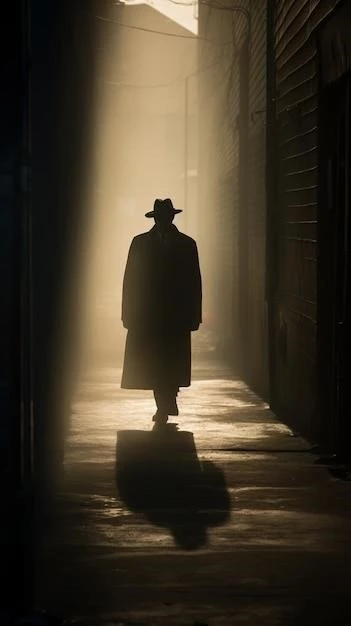The JFK Assassination: An Enduring Mystery
On November 22, 1963, the world watched in horror as President John F․ Kennedy was assassinated in Dallas, Texas․ The event, captured on film and broadcast live on television, sent shockwaves across the globe and marked a turning point in American history․ Despite the passage of time, the assassination remains a topic of intense debate and speculation, with countless theories and conspiracies vying for attention․ While the official Warren Commission concluded that Lee Harvey Oswald acted alone in killing Kennedy, many remain unconvinced, fueling an enduring mystery that has captivated generations․
The Events of November 22nd
On that fateful day, President Kennedy and his wife, Jacqueline, were riding in a motorcade through Dealey Plaza in Dallas․ As the presidential limousine turned a corner, shots rang out, striking the President in the head and neck․ The motorcade sped to Parkland Memorial Hospital, where Kennedy was pronounced dead shortly after arrival․ Lee Harvey Oswald, a former Marine with a history of mental instability, was arrested later that day for the assassination․ Oswald himself was shot and killed by Jack Ruby two days later, further complicating the investigation and fueling public suspicion․

The Warren Commission Report
In response to the assassination, President Lyndon B․ Johnson appointed the Warren Commission, headed by Chief Justice Earl Warren, to investigate the events․ The Commission’s report, published in 1964, concluded that Oswald acted alone and that there was no evidence of a conspiracy․ The report cited Oswald’s motive as a desire for notoriety and his intention to assassinate the President․ However, the report failed to address several key inconsistencies and unanswered questions, leading many to question its findings․

The Persistence of Conspiracy Theories
Despite the Warren Commission’s conclusion, the assassination has been the subject of endless speculation and conspiracy theories․ Some theories allege that Oswald was part of a larger conspiracy involving the CIA, the Mafia, or even the Soviet Union․ Others suggest that the assassination was orchestrated by the US government itself․ The sheer number and variety of conspiracy theories reflect the deep-seated mistrust and skepticism that the assassination engendered․
Key Controversies and Unanswered Questions
Several key controversies and unanswered questions have contributed to the enduring mystery surrounding the assassination․ These include:
- The “Magic Bullet” Theory: The Warren Commission’s theory that a single bullet (the “magic bullet”) struck both Kennedy and Governor John Connally, despite their different positions in the car, has been widely disputed․
- The “Second Shooter” Theory: Many believe that a second shooter was involved in the assassination, possibly located in the grassy knoll near Dealey Plaza․ Eyewitness accounts and evidence of bullet fragments have fueled this theory․
- Oswald’s Motive and Connection to the Soviet Union: Oswald’s motives for the assassination remain unclear, and his past association with the Soviet Union has raised suspicions of foreign involvement․
- The “Lone Assassin” Conclusion: Many find it difficult to accept the Warren Commission’s conclusion that Oswald acted alone, given the complexity of the events and the lack of conclusive evidence․
The Legacy of the JFK Assassination
The JFK assassination continues to be a significant event in American history, shaping public perceptions of government, conspiracy, and the nature of truth․ The enduring mystery has fueled countless books, films, and documentaries, and it remains a topic of intense debate and discussion․ The assassination also had a profound impact on the political landscape, leading to a period of national mourning and introspection․ It also sparked a wave of social activism and a heightened awareness of the vulnerability of political leaders․
Conclusion
The JFK assassination remains a deeply troubling and unresolved event in American history․ The Warren Commission’s report, despite its flaws, remains the official account of the assassination․ However, the persistent doubts and unanswered questions have fueled a sense of mystery and uncertainty that continues to resonate today․ The enduring fascination with the assassination reflects the enduring desire for truth and justice, as well as the human capacity for suspicion and conspiracy․ It is a reminder that even the most significant events in history can leave behind enduring mysteries, captivating generations and prompting ongoing debate․










